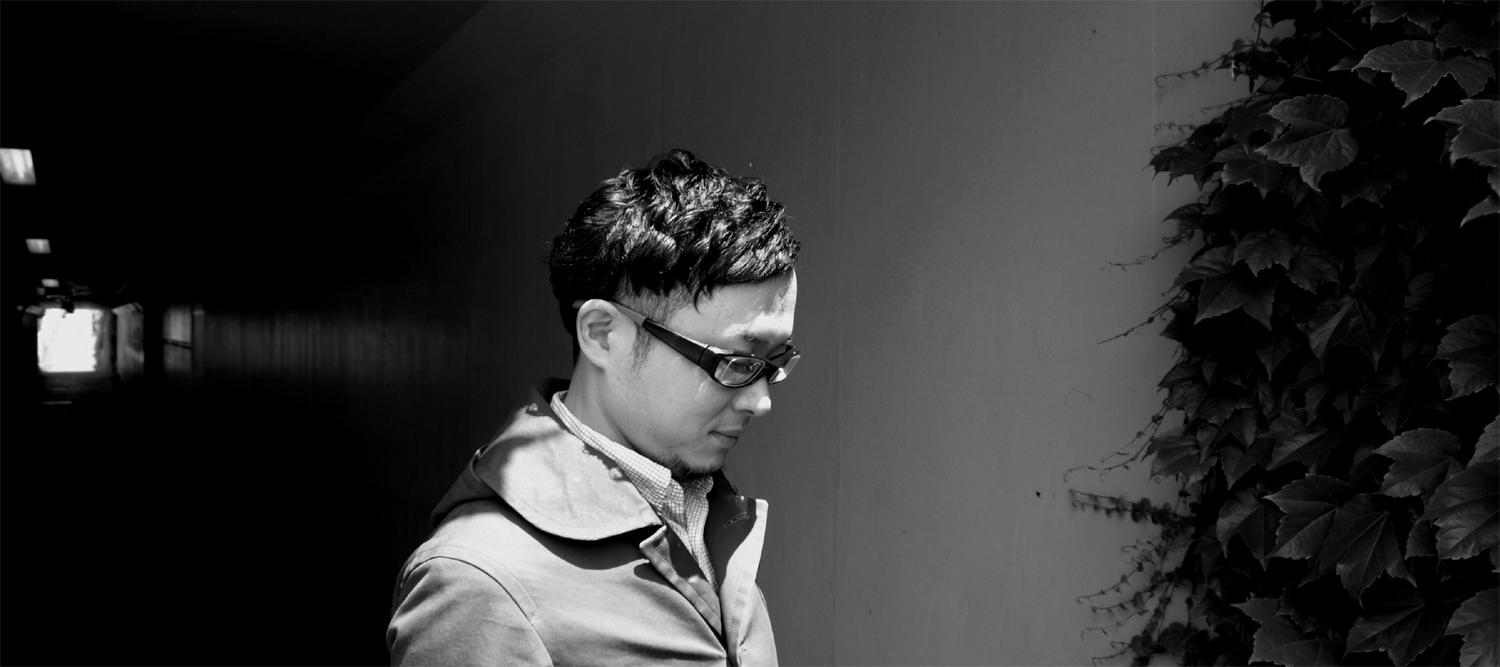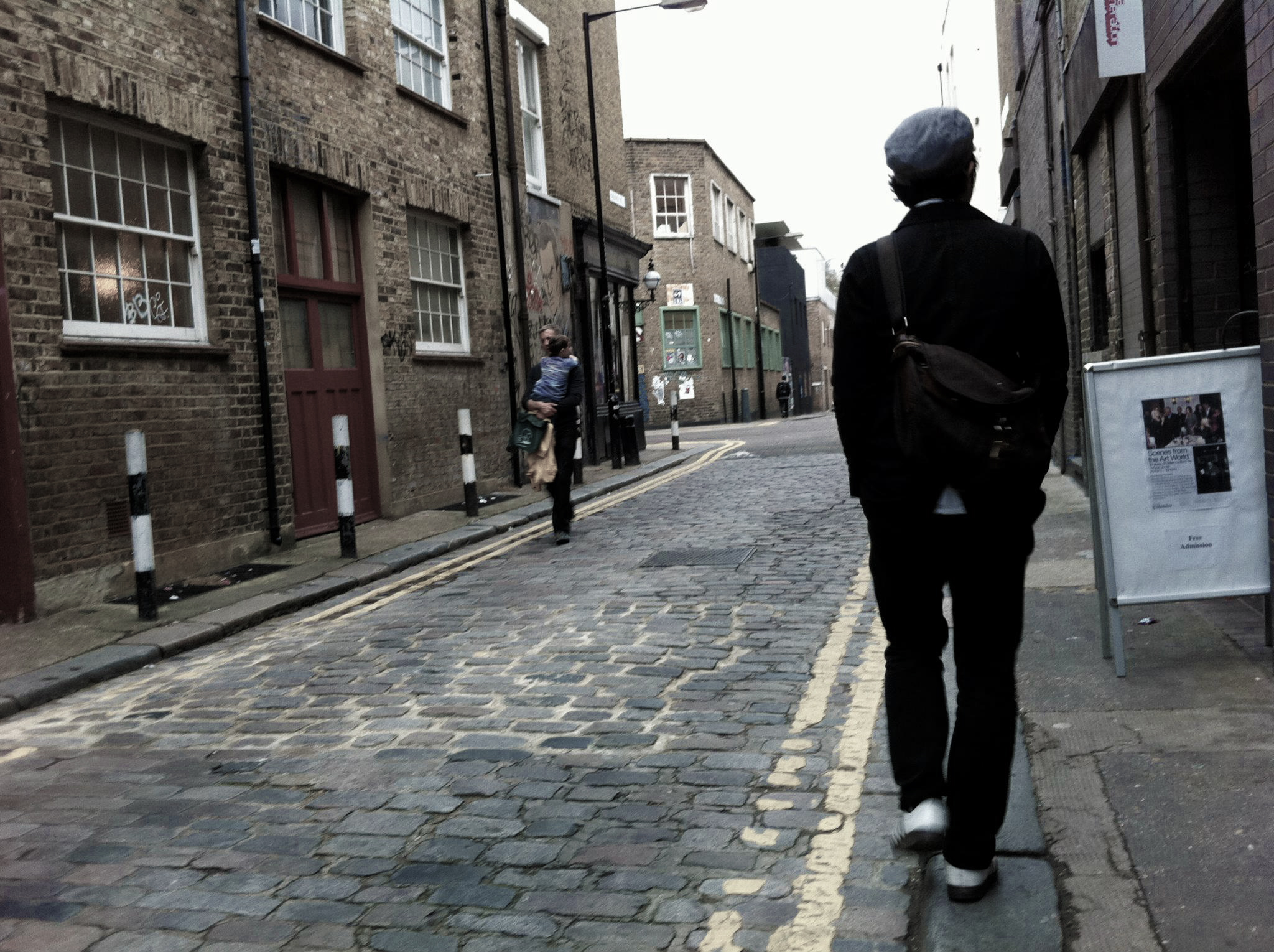| Home » Articles » Interviews |
| 23 January 2017 | Interview with Wataru Abe

In this interview we've spoken to Wataru Abe - an incredibly gifted live performer and producer from Japan.
Wataru Abe • Soundcloud • Facebook
Wataru, tell us a little bit about the journey you went through from studying jazz and classical music all the way to producing techno. I can scarcely remember but it was when I was 19 years old that I first experienced nightclubs. They were playing some kind of minimal techno there. It was a shocking experience as it sounded as if a huge rubber ball kept bouncing in the small room cyclically, which stuck to my mind as the initial experience of techno. At that time, I had been enjoying playing/making music with my friends from high school, bringing samplers, instruments and some gadgets to my home, though I had never imagined I would start my music career in future. However, soon I realized I must learn much more nuances to make better music, such as harmony, chord progression, song structure etc., as I only had the basic knowledge of that. However, music education in Japan has been centered primarily on the classical music and I didn't feel that it was for me. In Boston, I have studied many fields, from Classical music, Jazz and modern to electronic music production, even though my mind has been already set to electronic music since the beginning. Despite that, learning non-electronic music was a great experience, for example, I grasped how orchestras can enhance the climax of music, or how jazz players are able to keep the tense atmosphere of their improvisation, and so on. It is true to say the days in the United States opened my eyes a lot in many ways. Well, after studying music comprehensively, it seems that I finally came back to the beginning.
Many artists are using a moniker, some of them - even more than one. Was using your own name to brand your body of work a deliberate decision? I have used many of those before the release of my solo album Phenomena, which was an embodiment of my musical experience since I started my career, although it might not sound that way. When I focus on concepts or something particular, it's better to use other names, so I decided to use Distra for my techno project.
Before Substance EP on Several Reasons LTD, your productions were a mixture of glitch, noise and IDM à la Ryoji Ikeda, Pan Sonic and Autechre. Did they directly influence you or was it your natural inclination to produce this type of music? I am not sure about the music itself but as for the process of music production, there should be some similarity between their music and mine, such as generating sound from non-musical elements like equations of physics or mathematics.
So you've tried IDM and techno. Are there any other genres you plan to explore? Not particularly, but I will continue seeking for the possibility between beat and experiments. Do you prefer DJing live in front of an audience or recording a set in a more familiar and controlled environment such as your studio? Both are important for me. Outward elation at performing is difficult to obtain in the studio. On the other hand, you can take plenty of time for experiments in studio for trial and error, which is something you couldn't afford in performance. It is essential for inspiration/motivation. Can you explain about the nuances of a set that you contributed to our podcast? It's hard to wrap a head around an hour-long techno set that features no tracks. My live set was built on Max/MSP from scratch and the set-up was customized so that I can tweak, improvise, or recall many things freely as much as possible towards upcoming transitions. So, it can be regarded as a software version of modular synthesis.
Would it be true to say that you've produced a fully functional, seamless album in form of a set? How much different is recording such set from producing the same amount of tracks? That sounds a little exaggerated but I always consider long dynamics and musical flow from the beginning till the end, so it might be true. Of course it is very hard and takes a lot of time to complete an hour-long album, but, dare I say this, I prefer rough and raw things to finished products that are well polished and carefully refined. I mean, I do not necessary seek for perfection, especially when performing. Max is quite a complex tool. What were the things the regular DAWs lacked that made you want to try Max? OK. I tried a series of DAWs so far - Cubase, Logic, Pro Tools, Ableton Live. I think each has its advantages in comparison with others. In my early career, Cubase was the main DAW, but for a long time it felt similar to using Excel in an office environment, and it wasn't giving me a lot of inspiration during composing. The resulting tracks often felt well produced, but not lively. Of course it is a very handy and excellent tool for mixing, but again it did not inspire me much in regards to creativity. This can also apply to Logic and Pro Tools. Later I've tried Ableton Live as a performance instrument, but it was a little too fixed on the structure of “bars/measures” and obstructed creation of “context between the lines”. These programs were simply too “musically conventional” and it was hard to start composition utilizing unorthodox musical ideas or materials. That’s why I finally settled down with Max/MSP. When you work with it, you usually need to build up patches from scratch, but conversely, you can start building them from very basic functions, such as imitating rotary encoders using general midi controllers through bypassing its CC message, or adding probability and so on. What are the most common difficulties that you face on the regular basis in the process of production? Staying in the middle between the objectivity and personal preferences.
Final words for your fans & Aivazovsky Waves readers? Thank you for listening to the podcast. My first vinyl release will come out soon - hopefully in 2017, and it will be distributed mainly in Europe. I hope I can go touring across Europe after that, so please stay tuned.
We give our thanks to Wataru Abe for this comprehensive interview and for his stellar contribution to Aivazovsky Waves Podcast Series. You can download and stream his episode of our podcast here. |


